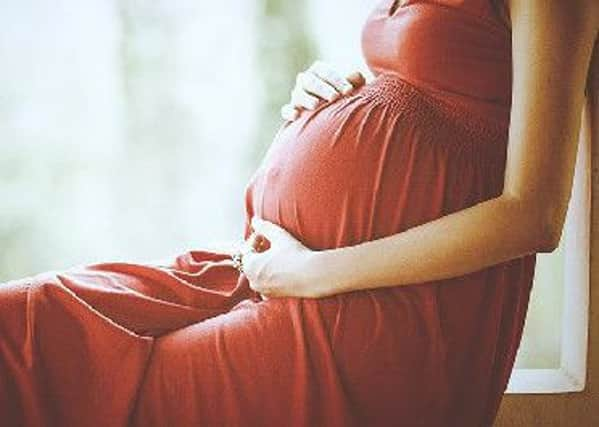Lizzy Buchan: New mothers need better mental health support


Having a baby is supposed to be one of the most wonderful experiences of a woman’s life. But imagine if it wasn’t.
One in five women in Scotland is affected by some form of mental health during pregnancy or following childbirth, which equates to around 11,000 babies being born each year to mothers experiencing these difficulties, according to analysis by the Mental Welfare Commission (MWC).
Advertisement
Hide AdAdvertisement
Hide AdThat is not a minor sub-group but a significant number of mothers, each with partners, family and friends who will undoubtedly be affected.
But after being swept aside and misunderstood for so long, mental health is finally getting the attention it deserves.
The issue has risen up the political agenda, where MSPs from all parties are calling for parity between mental and physical health.
Yet this week Scotland’s first national study of perinatal mental healthcare found “significant gaps” in provision for women with postnatal depression, postpartum psychosis and other severe mental illnesses.
A third of mothers who were admitted to hospital were placed in general adult wards, rather than specialist mother and baby units, which means they were often separated from their babies for prolonged periods.
Being separated from your child against your will at this critical point must be devastating.
It also goes directly against both clinical guidelines and the Mental Health Act, which both demand health boards do everything they can to keep mothers with their babies except in the most compelling circumstances.
General adult wards are usually completely unsuitable for children to visit and these facilities are unlikely to provide to appropriate care.
Advertisement
Hide AdAdvertisement
Hide AdThere are only two mother and baby units in Scotland – in Glasgow and Livingston – which means some women choose not to go to avoid travelling hundreds of miles for care and leaving older children at home.
The situation is compounded by the fact that only five of Scotland’s 14 health boards offer specialist treatment in the community.
This is unacceptable and health boards should must take action to prevent the treatment lottery that sadly pervades throughout so many parts of the health service.
Seeking help for a mental illness requires enormous courage and it can take most people a long time to acknowledge that they need help.
When patients come looking for help, it must be there for them to access promptly.
For some, waiting even an extra day or two for treatment can be devastating.
Stigma and misinformation also remain significant barriers for women seeking help and there are already weighty expectations on women to have a perfect birth or to be a perfect mother.
One South Lanarkshire mother told me that after struggling without medication throughout her pregnancy, doctors advised her not to breastfeed her daughter when she was born as she was taking anti-depressants. This made her feel like she had failed her baby, something no one should have to go through.
Advertisement
Hide AdAdvertisement
Hide AdThe Scottish Government is looking at creating a national clinical network to look after perinatal mental healthcare and it cannot come soon enough.
Access to community treatment urgently needs to be widened and there needs to be better education among both expectant women and health professionals about where to turn.